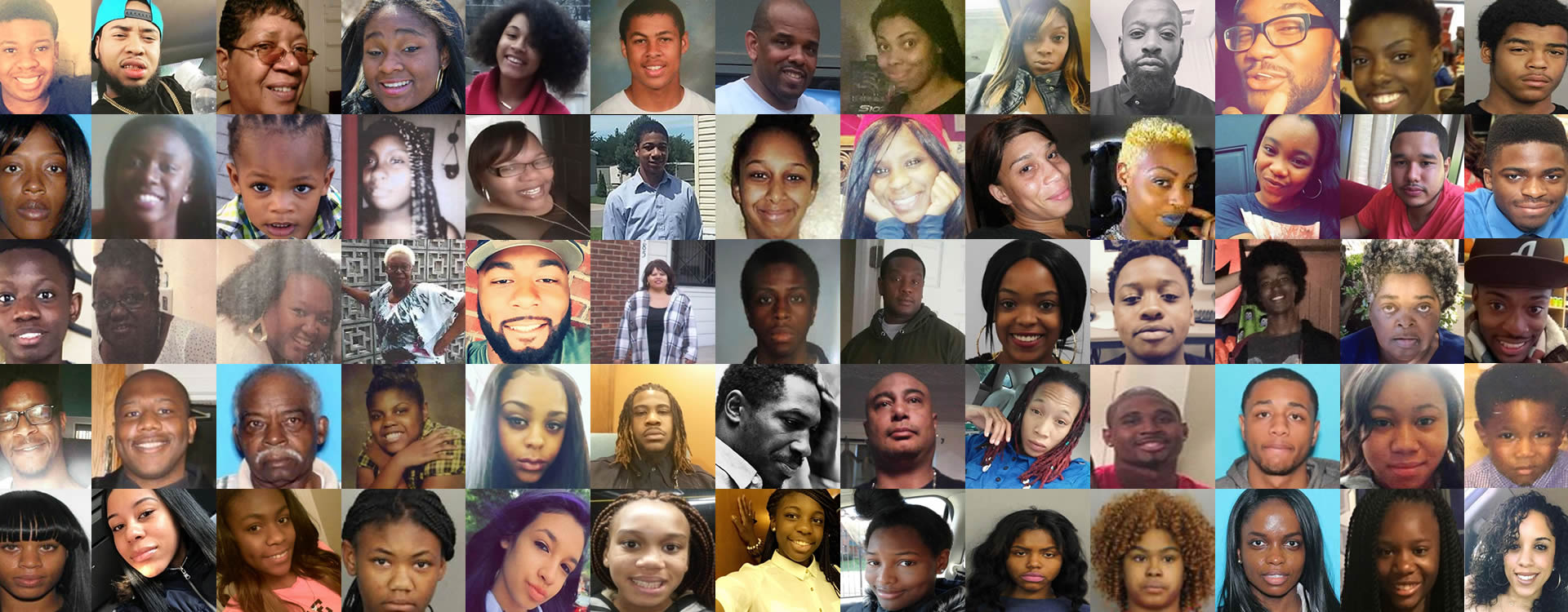Advocates: FBI Missing Children Data Misleading; Disservice to Black Juveniles
Washington Informer
Stacy M. Brown
March 9, 2022
Missing white children receive far more media coverage than missing Black and brown children – a fact advocates often point to when explaining the disparity in attention provided to non-individuals of color.
But another unsettling fact has emerged with the release of the FBI’s latest statistics on missing children.
The federal agency noted about 346,000 children in the U.S. in 2020, identifying 125,727 Black juveniles. In addition, the agency said 197,381 white kids went missing, suggesting that missing white youth outnumber lost young Blacks by more than 71,600.
But a closer look at the statistics revealed a crucial piece of information which advocates called misleading.
“Missing from the report is separate data for Hispanic children because the National Crime Information Center (NCIC) combined white and Hispanic children,” said Sherri Jefferson, the executive director of the African American Juvenile Justice Project (AAJJP).
“This is alarming, disturbing and problematic,” Jefferson said. “First, the combination of white and Hispanic children denies the Hispanic community raw data of their missing children. This process denies research and resources to fund and find their missing and exploited children or to examine causation.”
FBI officials did not return several messages seeking comment.
“The NCIC data isn’t robust or reliable to paint a complete picture of the magnitude of the problem facing missing persons of color,” said Natalie Wilson, co-founder of the Black & Missing Foundation.
“We believe the numbers are much higher based on underreporting,” Wilson stated.
She noted that the FBI classified all missing Latino individuals as white despite research revealing that 24 percent classify themselves as Afro-Latino – otherwise identifying as Black.
Further, “immigrants don’t always report their missing because of fear of deportation,” Wilson concluded.
Jefferson noted that “from “West Side Story” actress Ariana DeBose to Jennifer Lopez and Carmen Perez, the co-founder of the Women’s March to “The View’s” Sunny Hostin and Ana Navarro, Hispanics are not monolithic.”
“Some identify as biracial or Black. Therefore, a separate category is critical to finding missing children, too,” Jefferson said. “More compelling is by combining white and Hispanic as one race, the figures mislead the public about the status of missing Black children whose missing outnumber all other races.”
According to the National Center for Missing and Exploited Children (NCMEC), 298,000 girls went missing in 2019 in the U.S. The center noted that 205,802 of those missing were Black.
“The FBI 2020 data suggest that number has changed,” Jefferson said. “But has it? Part of the problem in the missing, endangered and the exploited area is the difference in collecting and delivering data.”
NCMEC gathers data directly from law enforcement as children go missing, while FBI data is reported annually via NCIC.
“The operative words are ‘reported missing’ and ‘crime,’” Jefferson insisted. “Most Black and Afro Latinx are underreported or not reported at all. This is because most law enforcement executes runaway warrants or deny families missing person reports.”
Jefferson concluded that more Black children are missing than white and Hispanic juveniles combined.
She said 62 percent of the 30,000 newly reported missing cases in 2020 were Black children.
“This is alarming because Blacks, or African Americans, represent about 14 percent of the U.S. population,” Jefferson noted further.
“AAJJP is constrained to ask whether the combination of white with Hispanic children is to deflect from reporting raw data proving more Black children are missing than any other race,” Jefferson said. “Moreover, whether it’s to evade or avoid finding our children or funding solutions to the problem?”
The FBI report notes about 9,000 missing Native American or Indian children.
Jefferson pointed out that the White House proclaimed May 4 to recognize missing and exploited NAI/Indian children.
“The White House has not proclaimed a day for Black girls or children,” Jefferson demanded. “Our hashtag is #BidenProclaimABlackGirlsDay #NOWBeMe.”
“Moving forward, AAJJP has created a missing person platform to include coalition-building of an Alliance. A collective lab in this space will help us to strategize, organize, mobilize, and energize (SOME) our base to effectuate lasting change in policy and policing and prevention and protection,” she said.
Photo credit: Black and Missing Foundation

